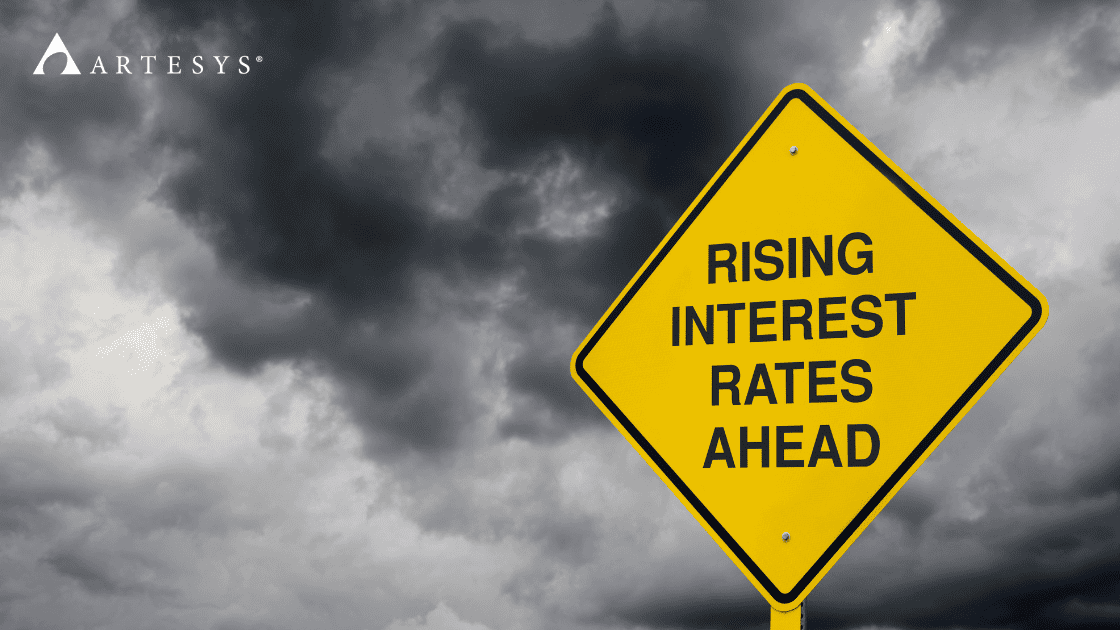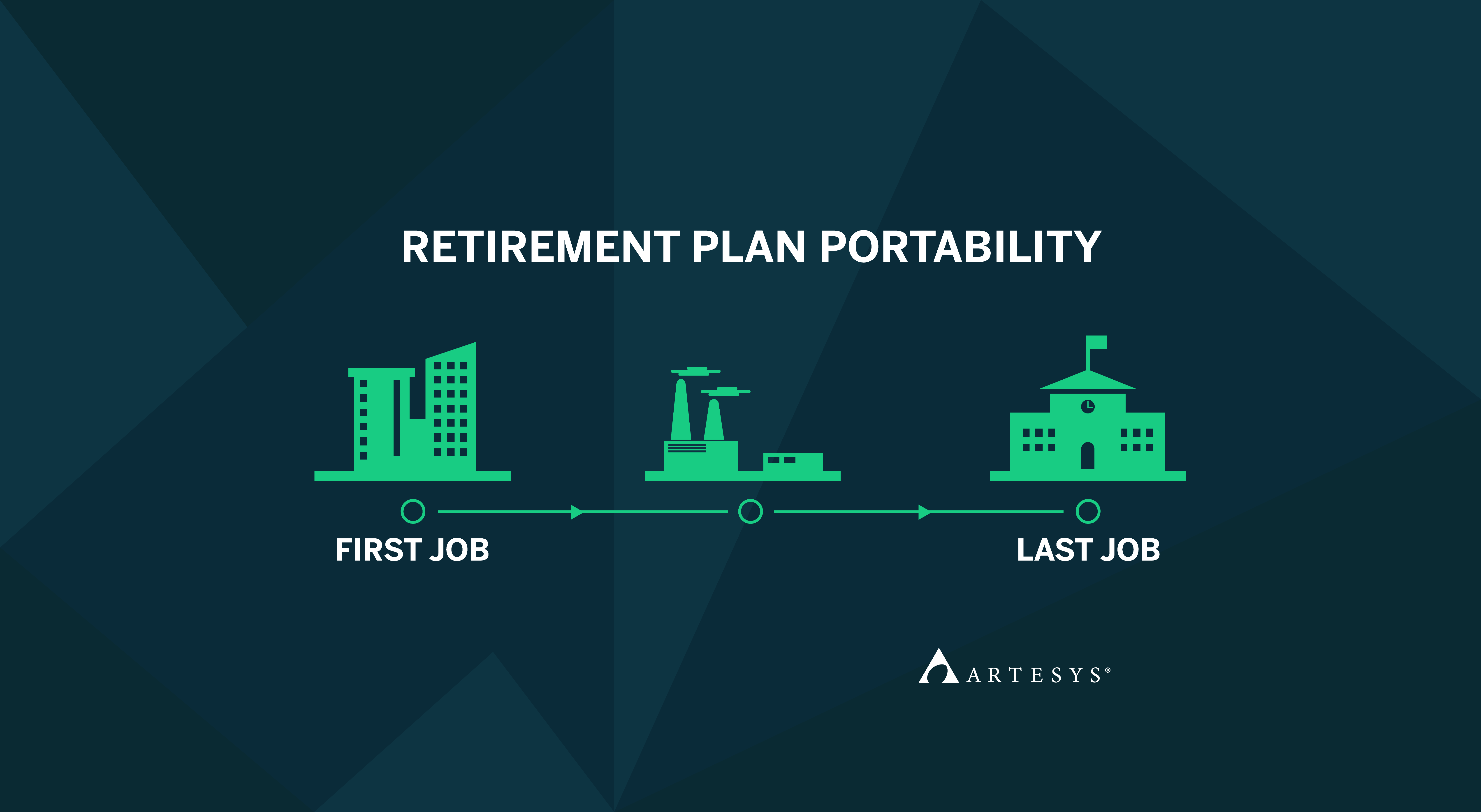Market Update: Rising Interest Rates (& How it Impacts Investors)

In September 2022, data was released that showed the consumer price index (a measure of inflation) has risen 8.2% in the last 12 months. This means that every dollar you have earned has the spending power of about 92 cents compared to this time last year. Generally, the target inflation rate is around 2% a year here in the U.S. This level of excessive inflation is very troubling to the Federal Reserve, who help manage inflation.
So, how did we get here? Well, interest rates have been at record lows due to the coronavirus pandemic. At the beginning of 2020, we saw lockdown mandates, businesses closing, record-high unemployment levels, and stock markets tanking. This is what fueled The Fed to make the decision to cut interest rates to near zero. A tactic that can be used to spur economic growth, low interest rates makes it cheaper to borrow money. This is not just for the average person but also for businesses. Businesses can hire workforce, increase operations, and even lower the cost of goods and services. (Something about and the consumer the ability to spend. As restrictions were lifted, the economy made a speedy recovery. With this rapid growth, came an inflated economy.
When inflation gets high, The Feds turn to interest rates to get a handle on the economy. This is why we have seen interest rate hikes 5 times this year (with more likely to come). This will continue until The Fed is satisfied with the inflation rate and has many investors wondering “how does this impact me?” The short answer is, in quite a few different ways.
Stocks
When it comes to stocks, interest rates do not have a direct correlation to the stock market, but that is not to say they do not affect stock prices. When The Fed announces an interest rate hike, historically, the market does not perform well directly following the news. In addition to the initial shock, rising interest rates have an indirect impact on stocks as they make it harder (more expensive) for companies to take out loans, which means growth may halt. This can lead to stagnant stock prices, employment freezes, and budget cuts (or lay-offs). With companies tightening their wallets, unemployment typically rises as fewer important roles may be the first to go.
Bonds
While stocks are indirectly affected by rate hikes, bonds are directly related to interest rates. Bonds and interest rates have an inverse relationship, and when interest rates go up, bond values go down (resulting in a loss). Don’t lose hope, though-
“There is an important potential benefit for bond investors who concentrate more of their bond positions in high-quality segments of the fixed income market. “This is a way to add diversification to help manage risks in a portfolio that includes equities,” (US Bank).
What’s Next?
Probably more rate hikes, until consumer price index inflation reports can get to a more “normal” level, The Feds are going to squeeze the economy. While doing so, it is important not to raise rates too quickly to avoid triggering a recession. In the meantime, there are some things you can do as an investor to protect your assets and ride out the storm.
Avoid Emotional Investing
Seeing your portfolio decline is never fun. You’ve worked hard to stack up that money and spent years carefully choosing different investment options only to see losses when you open the app. It can be frustrating and heartbreaking, but remember- do not let your emotions get the best of you.
It is always a good idea to leave emotions out of anything to do with money or finances. Your emotions can cause you to make harsh/impulsive decisions. We see it all the time- young investors seeing a slight market dip and selling off their entire portfolio (only for it to go back up the following day/week).
During a market downturn, we suggest not checking your investments as often. By checking your portfolio too often, you are only looking at the short term. If you are a buy-and-hold investor, there is no reason to be checking every day. This is not to say you should be neglecting your portfolio (you can still perform a “check-up” quarterly), just don’t get caught up in the day-to-day market swings.
How often should you re-assess your investment portfolio? | with Spencer Seggebruch
- Have Your Goals Changed?
- Has Your Financial Situation Changed?
- Has Nothing Changed?
If nothing has changed, it is okay to not make any changes to your portfolio. You should not feel like you need to constantly make updates.
Defensive Strategy
It is important to understand your investing strategy when navigating through uncertain times. Investors can be grouped into two categories- offensive and defensive. Offensive investing is a “buy and hold” approach, for those focused on maximizing their return. On the other hand, defensive investing is a “buy and sell” approach, for those who wish to protect what they already have. Defensive investing can be a great strategy during market downturns as it can help mitigate risk and typically provides less severe losses during a downturn (but can also result in lower gains when the market is up).
While retirement and wealth management goals vary, there is one thing in common: every investor wants to maximize their returns for the level of risk they’re willing to take. Every investor has their own tolerance for risk and a comfort level that works for them. That’s why we developed specialized offensive and defensive investment solutions – and a way to determine your risk and select a strategy that’s right for you.
Artesys has over 30 years of experience, meaning we have been through recessions and market corrections many times. Need help evaluating your portfolio or positioning yourself to win? Contact us today to speak with a trusted financial professional.
Sources:
https://www.usbank.com/investing/financial-perspectives/market-news/interest-rates-affect-bonds.html


